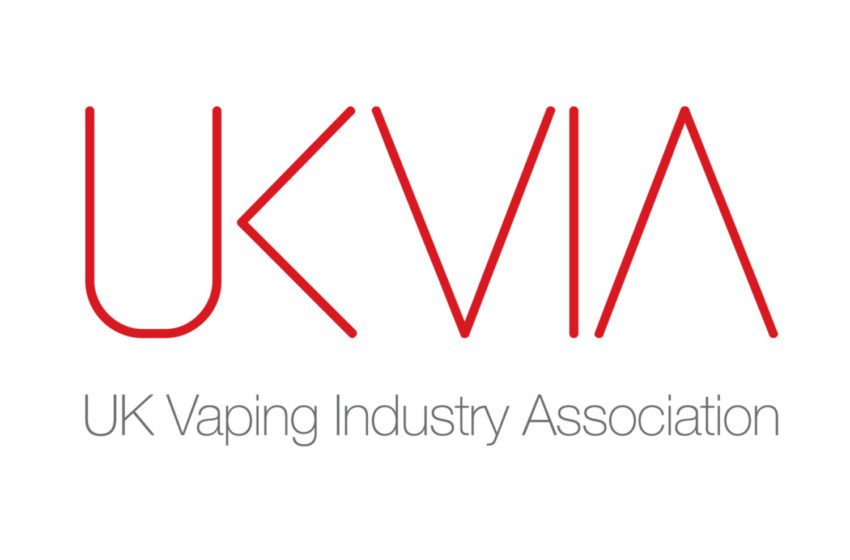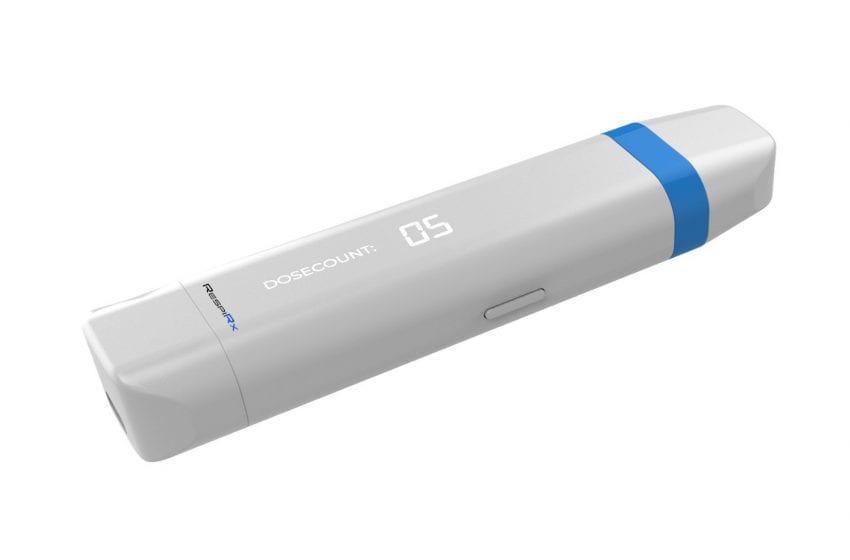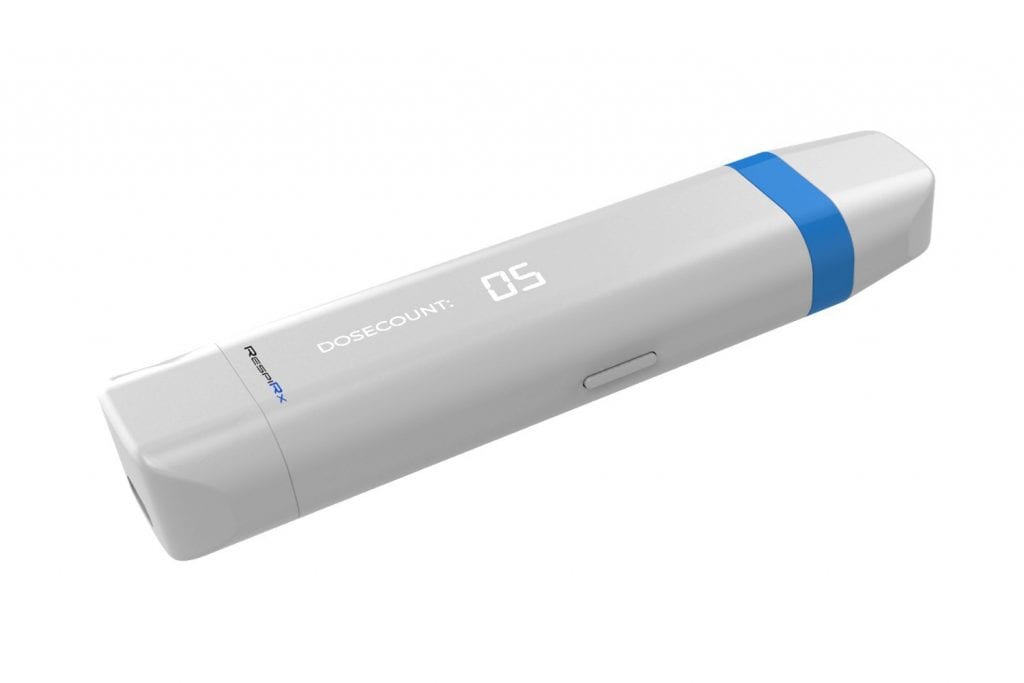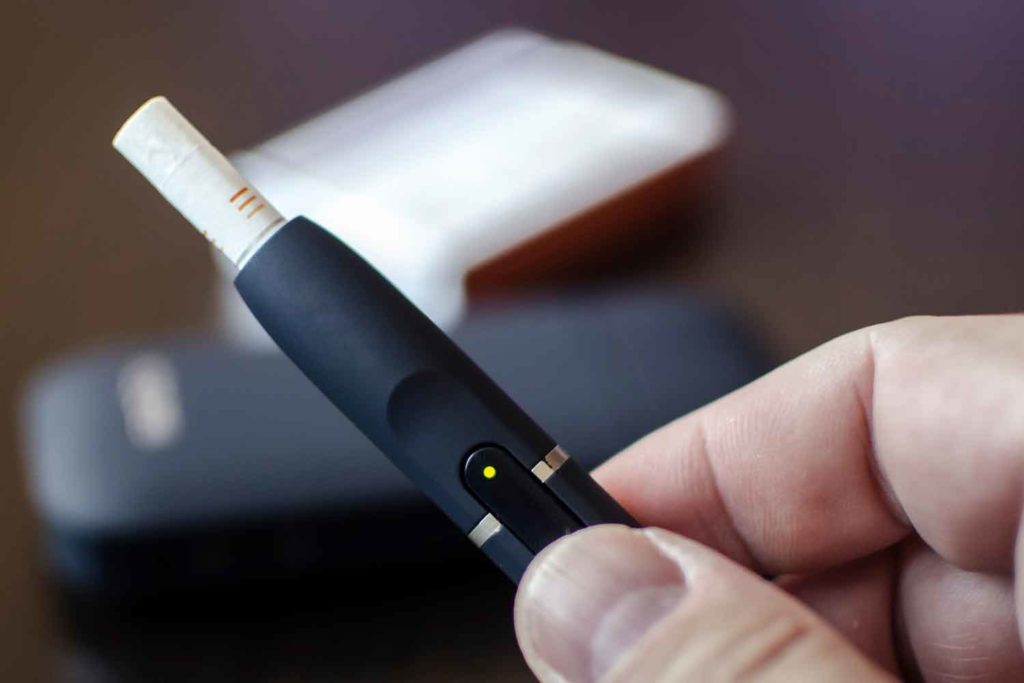How effective must a product be in helping adult smokers quit to overcome the theorized level of harm to youth?
By Neil McKeganey
If there is one thing that you can say about the U.S. Food and Drug Administration’s premarket tobacco product application (PMTA) process, it is that it is exceedingly data heavy. E-cigarette manufacturers’ submissions under the PMTA process can run to the thousands of pages, reporting the results of research costing millions of dollars. To receive a marketing authorization, e-cigarette manufacturers have to be able to show that their product is “appropriate for the protection of the public health” (APPH).
The APPH standard has become something of a modern-day mantra in the world of tobacco regulation, but what exactly does it mean? While nobody would accuse the FDA of excessive clarity in its communications with industry, this much is clear—in the simplest of terms, manufacturers need to be able to show that their product is helping adult smokers to quit, or at least to substantially reduce their smoking, and that their products are not being used by nonsmokers. This, in a nutshell, is what the FDA means when it talks about the importance of assessing the net public health impact of new tobacco products—the capacity to assess the likely overall impact of a new tobacco product on the nation’s health.
The kind of evidence that manufacturers are required to present under the PMTA process ranges from longitudinal customer studies collecting data from consumers of their products over weeks or months to assess how those products are impacting on the individual’s smoking behavior. Alongside such customer studies are the randomized control trials that monitor changes in smokers’ behavior when they are using the new tobacco product under control conditions. The randomized trials are probably the sort of things most manufacturers have heard of before even if they have not carried them out. These studies are often presented as the gold standard in research evaluating the impact of a new drug. The shortcoming with the control trial design, though, is that it tells you about the impact of your product under controlled conditions; it does not tell you how people will use your product in their real life.
The results of these studies can be presented to the FDA along with studies showing which population groups are currently using the new tobacco product and which ones are likely to start using the new tobacco product if it were approved. This is where the PMTA process starts to get more mysterious. One of the key groups that the FDA wants to know about is young people. With recent studies showing that more than one in 10 young people in the U.S. are using e-cigarettes, the FDA has repeatedly stressed that in deciding whether a manufacturer’s product is going to be judged as APPH, it needs to balance the impact of the product on adult smokers and young people. When the former FDA commissioner stated in 2018 that the “offramp” to adult smoking must not be achieved at the cost of the on-ramp to youth vaping, he was making it clear that the FDA would be prepared to deny approval to a new tobacco product that might be helping adult smokers to quit if at the same time it was being used by youth or likely to be used by youth.
In a scenario where youth use of a new tobacco product can become a deal breaker for a company seeking regulatory approval for their new tobacco product, it is clear that the FDA is placing greater weight on youth vaping prevention than on adult smoking cessation. For many people, the greater value placed on youth vaping prevention may seem entirely fair—but the question at the heart of all this is by how much is the FDA valuing youth vaping prevention over adult smoking cessation? The answer to that question, or more accurately, the failure of the FDA to answer that question, is the mystery at the heart of the PMTA process. An e-cigarette manufacturer may be able to present stellar data to the FDA showing the benefit of their product in helping adult smokers to quit and still receive a marketing denial order on the basis that in the view of the FDA, the product poses too great a risk to youth.
In interpreting the results of the empirical studies that manufacturers may have carried out, the FDA is trying to model the likely impact of the product on the total population—adults and youth. Modeling, though, is a mysterious process in which you try to anticipate what you think might happen in the future under various assumed conditions in the present. Some years ago, the National Academies of Science Engineering and Medicine carried out a modeling exercise to try to quantify the impact of e-cigarettes on population health in the U.S. This was a limited exercise carried out under precisely stated assumptions about how effective e-cigarettes might be in helping smokers to quit and how harmful they may be compared to combustible cigarettes. In contrast to such transparency, the FDA has never specified how it is weighing youth harm prevention against adult smoking cessation. As a result, e-cigarette manufacturers will never know how effective their product needs to be in helping adult smokers quit to overcome the theorized level of harm to youth to be judged APPH.
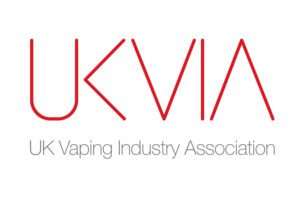 The UKVIA Vaping Industry Forum and Celebration Dinner will now take place on Friday, Nov. 18 at the QEII Centre in Westminster, London. The event had been canceled on Sept. 9, the day after the queen’s passing.
The UKVIA Vaping Industry Forum and Celebration Dinner will now take place on Friday, Nov. 18 at the QEII Centre in Westminster, London. The event had been canceled on Sept. 9, the day after the queen’s passing.
